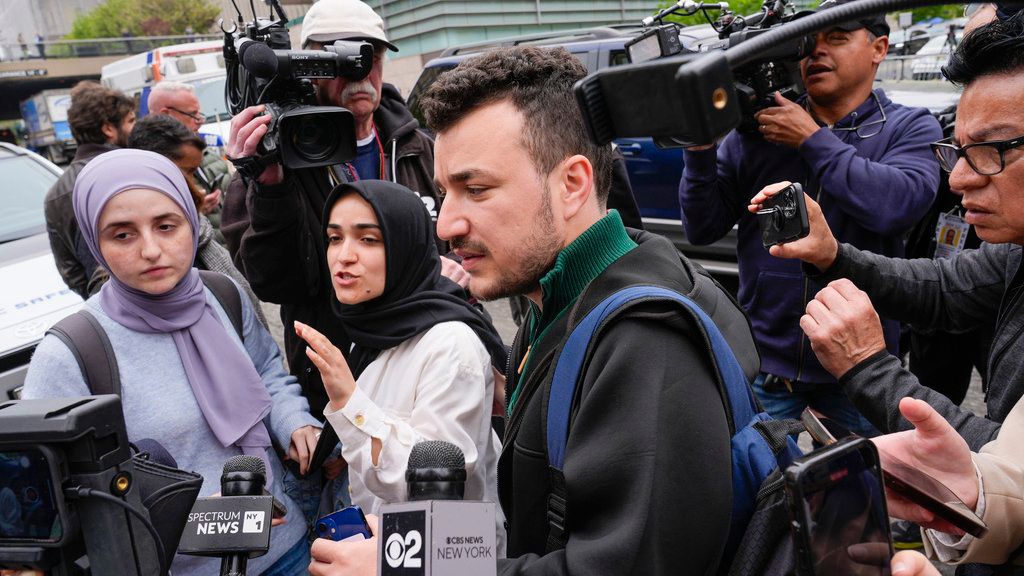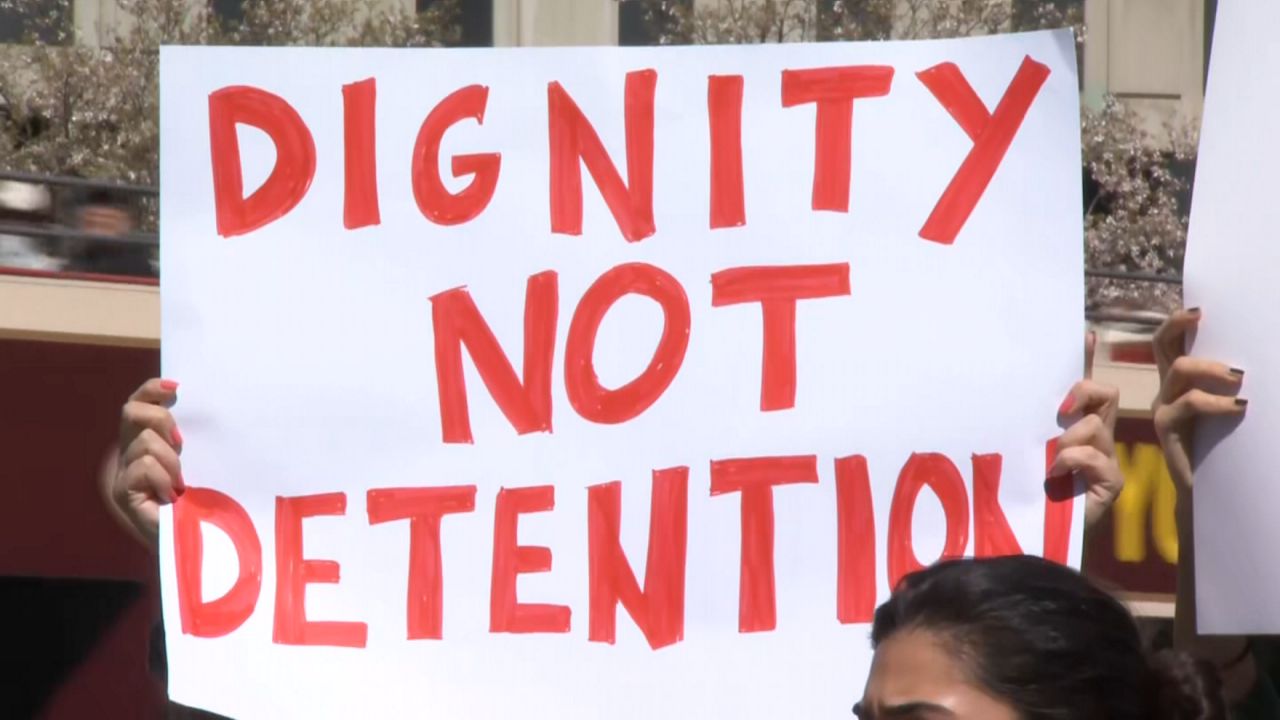Eric Marcus says, on a typical day, he and his neighbors comb through Chelsea streets with a plastic glove on one hand and a garbage bag in the other. They’re on a cleanup mission.
“To walk out on the street and find garbage piled because the sanitation department hasn’t been able to pick it up is so depressing and so upsetting,” Marcus said.
According to Marcus, littered sidewalks, and overflowing corner bins stem back to before the pandemic, but lately it seems much worse.
“You can’t expect individual owners and individual residents to do the job of what a sanitation department can do with vast resources,” Marcus continued.
311 provided NY1 with year-to-year complaint call data. In 2021, it logged a 54% increase in complaints on rats, an 80% increase in calls about missed trash collections and almost double the number of calls about missed street sweeping.
“The only creatures happy about this are the rats,” said Marcus. “I’ve been in New York long enough to remember when there were three men on the back of the sanitation truck and you saw a garbage can and a broom on the back of the truck as well,” he added.
Back in 2020, in the midst of the pandemic the sanitation department lost an estimated $106 million in the city budget. The cuts resulted in worker lay offs. Then came complaints of slower trash removal, reduced compositing and more rats.
City Council Member Julie Menin recently announced she would allocate $120,000 from her office’s budget to fund added pickups across the Upper East Side.
Also last month, a letter by Council Member Erik Bottcher was sent to Mayor Eric Adams and Sanitation Commissioner Edward Grayson asking for corner basket service to be restored to pre-pandemic levels. It also called for twice a week street sweeping and curbside composting returned to certain neighborhoods.
“We all have to come together and come up with a plan to address the sanitation crisis affecting all neighborhoods across the city,” Bottcher said.
A rep from the NYC Department of Sanitation said it removes 12,000 tons of trash and recycling every day, even during the worst of the pandemic and views residents and elected officials as partners. According to the department, most litter baskets across the city are serviced regularly, and are for walking trash, such as coffee cups and candy wrappers, not for bulky items or household trash.
Jerry Brandehoff lives in lower Manhattan. He believes the solution is a mix community awareness, more resources and neighborhood cleanup days.
“I think it really means brining businesses, government, residents, everybody together to solve the problem,” Brandehoff said. “It’s not going to happen if just one function or one organization does it, it’s really up to all of us.”
With trash piling up like snow this winter, Brandehoff and other concerned residents hope the city acts fast.




_DNT_Columbia_Protest_CLEAN_FOR_APPROVAL)

_ES_Congestion_Pricing_Flaws_Presser_CLEAN_132774690_1428)
